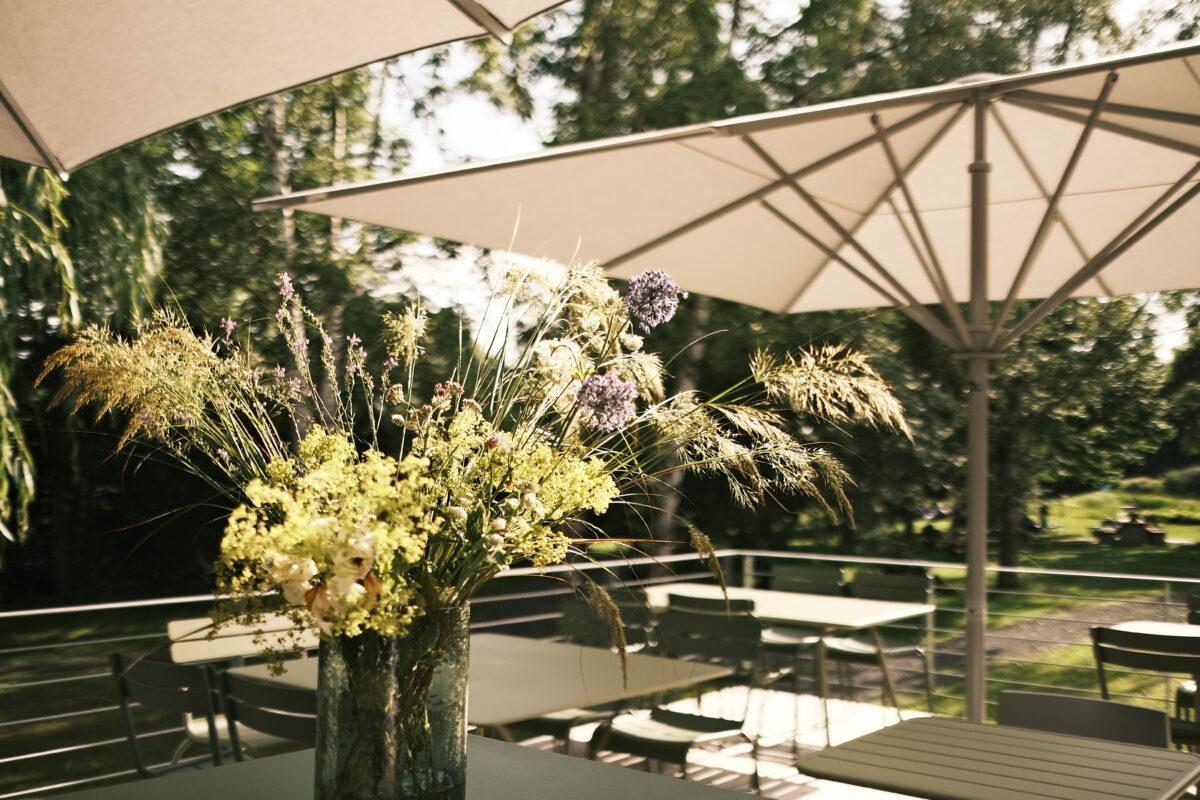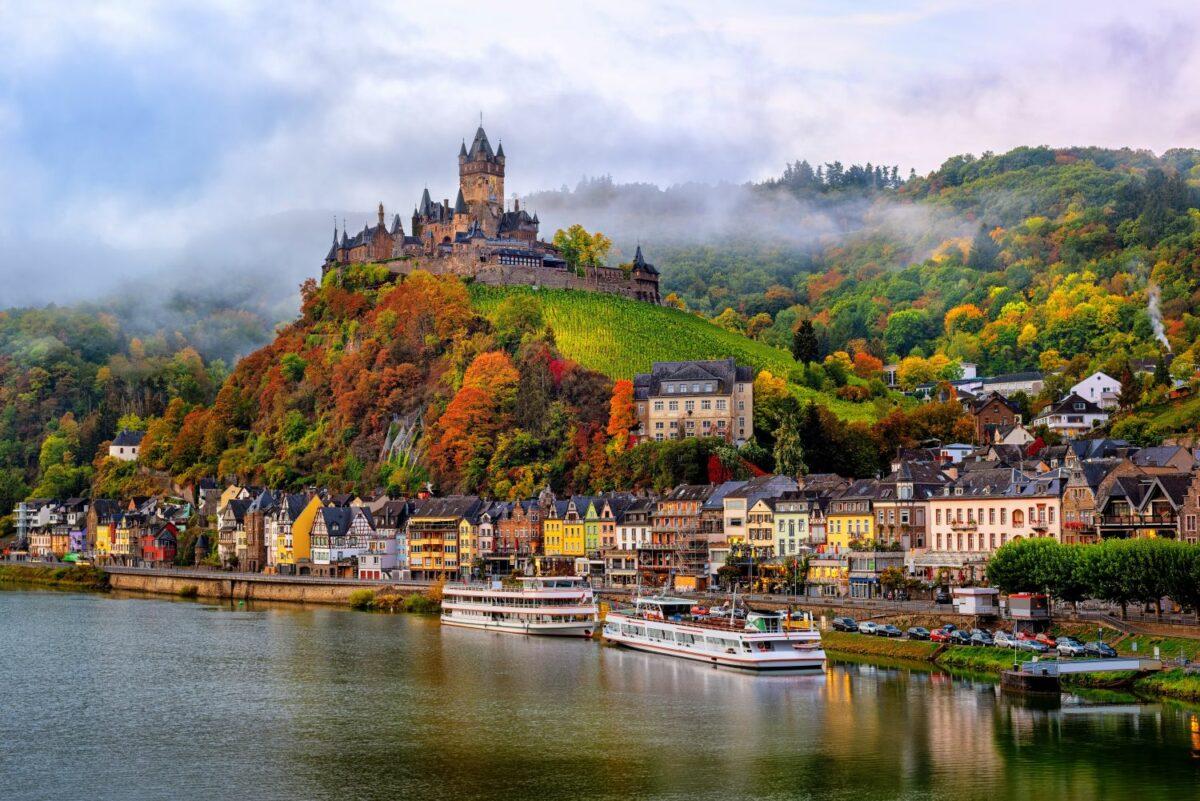Almost everyone interested in sustainability has heard of the Slow Food movement, but did you know that there is also a Slow Flower movement? Probably not, because sustainability is often not a priority when it comes to cut flowers. In this Insight, we explain why it should be and what exactly the Slow Flower movement is. IMAGE: ©STURM
The problem with cut flowers
In Countries like the USA and Germany, up to 80% of are imported. This is partly because demand is greater than the local market can meet and partly because many of the flowers offered here can only grow seasonally. Most imports come from countries in the global south, such as Kenya, Colombia and Ecuador. There they are grown in huge monocultures for the international market, usually with high pesticide use, poor working conditions and low wages.
Study of imported roses shows high levels of pesticide contamination
For example, an Öko-Test study of 21 imported bouquets of roses found that not one was pesticide-free, one in three contained a double-digit number of pesticides, and three quarters contained pesticides banned in the EU. Since there is no ban or limit on the import of pesticide-contaminated flowers in the EU, this is legal. But is that any better? The long import route, including the cold chain, also has a negative impact on the eco-balance of imported cut flowers.
But even flowers imported out of season from Europe, such as the Netherlands, have a poor environmental footprint. They come from energy-intensive greenhouses that are heated year-round. However, the concentration of pesticides in these flowers is better.
The Slowflower Movement
The Slowflower movement is dedicated to highlighting and addressing these issues. Originally from the USA, it has been present in Germany since 2019 and as an official association since 2022. Its members are committed to local cut flowers grown from organic seeds and without the use of pesticides. To ensure maximum transparency, they operate according to self-imposed principles such as growing in cycles, protecting insects, using organic fertilizers, avoiding single-use plastics and using sustainable packaging. They see themselves as a community, sharing experience, knowledge, seeds and plants.
We got to know the “Slowflower” flowers at the Green Pearls® Hotel STURM in Mellrichstadt. A regional bouquet awaits you in the lobby along with a welcome drink upon check-in.
If you would like to support the movement, you can find member locations and their “status” here. Of course, this means that the flowers are seasonal, and roses, for example, are not available year-round. But you might learn to love flowers you didn’t pay much attention to before, or even rediscover your favorite flower without chemicals or toxins. And you’ll be doing something good for nature and yourself.




